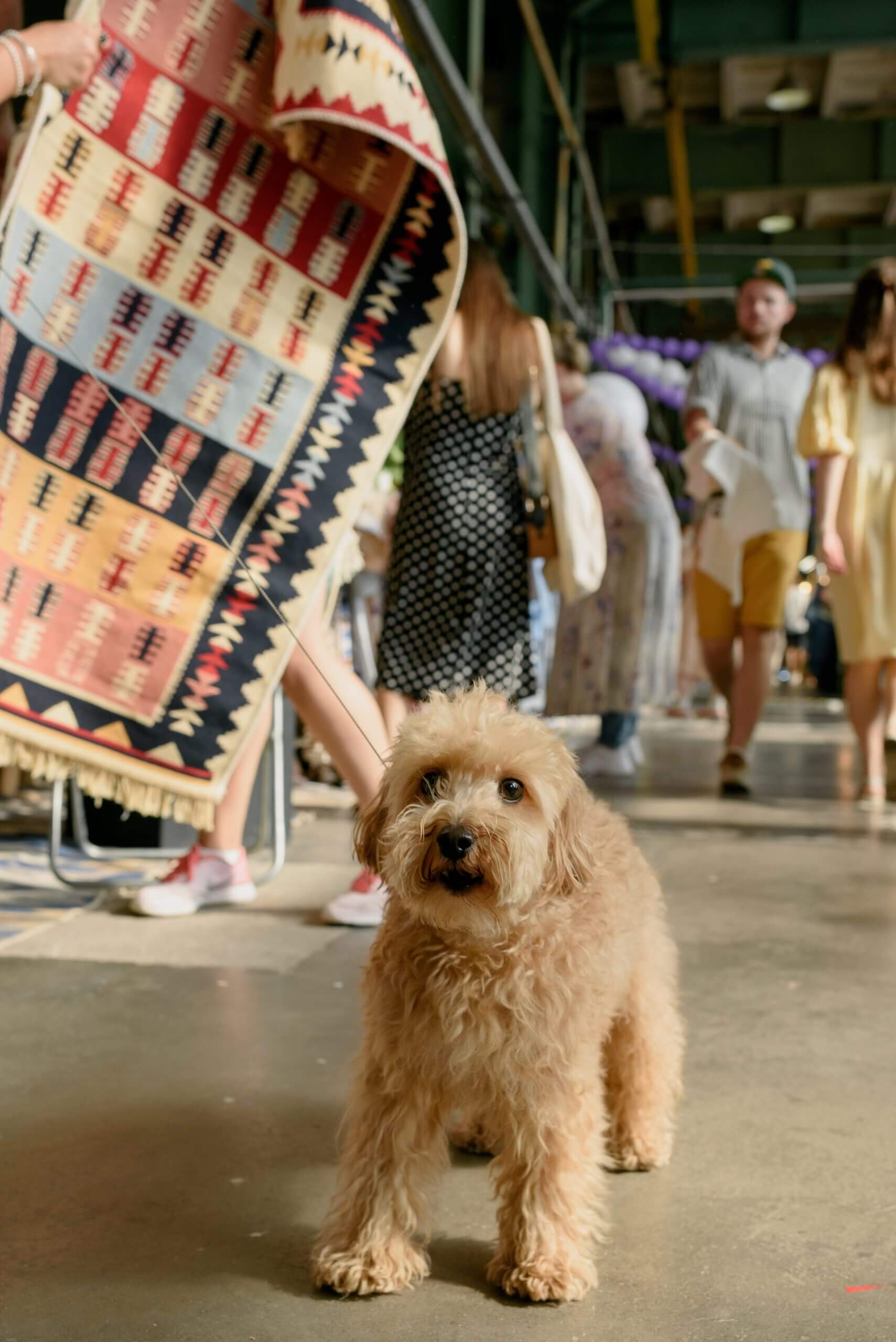The Sheepadoodle is a charming mixed breed that combines the intelligence and loyalty of the Old English Sheepdog with the grace and athleticism of the Poodle. This unique hybrid is known for its friendly demeanor, hypoallergenic coat, and exceptional trainability. In this article, we will explore the Sheepadoodle’s history, size, exercise requirements, personality traits, health concerns, care, feeding, coat colors, grooming, lifespan, and interactions with children and other pets.
History
The Sheepadoodle is a designer breed that emerged in the early 21st century, gaining popularity for its striking appearance, friendly nature, and hypoallergenic coat. Both parent breeds have rich histories: the Old English Sheepdog as a herding dog and the Poodle as a versatile breed excelling in hunting, retrieving, and companionship. By combining these breeds, breeders aimed to create an intelligent, loyal, and low-shedding family pet.
Size
Sheepadoodles are a medium to large-sized dog, with their size varying depending on their specific Poodle parentage (Standard, Miniature, or Toy). On average, a Sheepadoodle can weigh between 45 and 80 pounds and stand between 16 and 22 inches tall. Their sturdy, well-balanced build is a testament to their working dog heritage.
Exercise
As a hybrid of two energetic breeds, Sheepadoodles require daily exercise to stay healthy and happy. A brisk walk or jog, along with play sessions in a securely fenced area, will help prevent boredom and channel their energy. Their intelligence and eagerness to please also make them well-suited for various dog sports, such as agility, obedience, and herding trials.
Personality
The Sheepadoodle’s personality is a delightful mix of its parent breeds, showcasing traits like loyalty, intelligence, and a friendly nature. They are known for their strong bonds with their families and gentle dispositions, making them excellent companions for experienced and novice dog owners alike. Early socialization and consistent, positive reinforcement training are essential in raising a well-adjusted Sheepadoodle.
Health
Sheepadoodles may inherit health concerns from either parent breed. Common health issues include hip dysplasia, eye disorders, Addison’s disease, and bloat. Regular veterinary check-ups, a well-balanced diet, and proper exercise can help ensure the health and longevity of your Sheepadoodle.
Care
To keep your Sheepadoodle content and healthy, provide them with a comfortable living space, mental stimulation, and a balanced diet. These dogs thrive in environments where they have room to run and play, making them better suited for homes with yards or large living spaces. Mental stimulation is also crucial for this intelligent breed, so incorporating puzzle toys, interactive games, and obedience training into their daily routine will keep them engaged and content.
Feeding
A balanced diet tailored to your Sheepadoodle’s age, size, and activity level is essential. Consult your veterinarian to determine the appropriate amount and type of food for your dog. As with all breeds, avoid overfeeding your Sheepadoodle to prevent obesity and related health issues.
Coat Color
Sheepadoodles can exhibit a wide range of coat colors, including black, white, gray, and various combinations and patterns. Their coats are often wavy or curly, offering a low-shedding and hypoallergenic alternative for those with allergies. This diversity in coat types and colors adds to the breed’s unique and captivating appearance.
Grooming
The grooming needs of a Sheepadoodle will depend on the specific coat type they inherit. Generally, they require regular brushing to remove loose hair and prevent matting. Bathing should be done as needed, but not too frequently, to preserve the coat’s natural oils. As with all breeds, routine ear cleaning, nail trimming, and teeth brushing are necessary to maintain their overall health and hygiene.
Lifespan
The Sheepadoodle has an average lifespan of 12 to 15 years, which is typical for a breed of its size. By providing your dog with a balanced diet, regular exercise, and routine veterinary care, you can help ensure they live a long and healthy life.
Interacting with Children
Sheepadoodles are generally good with children, thanks to their friendly and patient nature. They are known to be gentle and protective, making them well-suited for families with children. However, it is essential to supervise interactions between children and dogs to ensure both parties’ safety. Teach children how to interact safely and respectfully with dogs, and your Sheepadoodle will form a strong, loving bond with them.
Interacting with Other Pets
With proper socialization and training, Sheepadoodles can get along well with other pets, including dogs and cats. Their friendly disposition and working dog heritage make them adaptable to various living situations. Early introductions and consistent training are key to ensuring successful relationships between your Sheepadoodle and other pets.
Conclusion
The Sheepadoodle is a captivating and versatile mixed breed that offers the best of both the Old English Sheepdog and the Poodle. Their loyal, intelligent, and energetic nature makes them an excellent companion for active families and experienced dog owners. By understanding the breed’s history, size, exercise needs, personality traits, health concerns, care requirements, and interactions with children and other pets, you can provide your Sheepadoodle with a happy, fulfilling life. Their unique charm and steadfast loyalty are sure to win the hearts of all who meet them.

